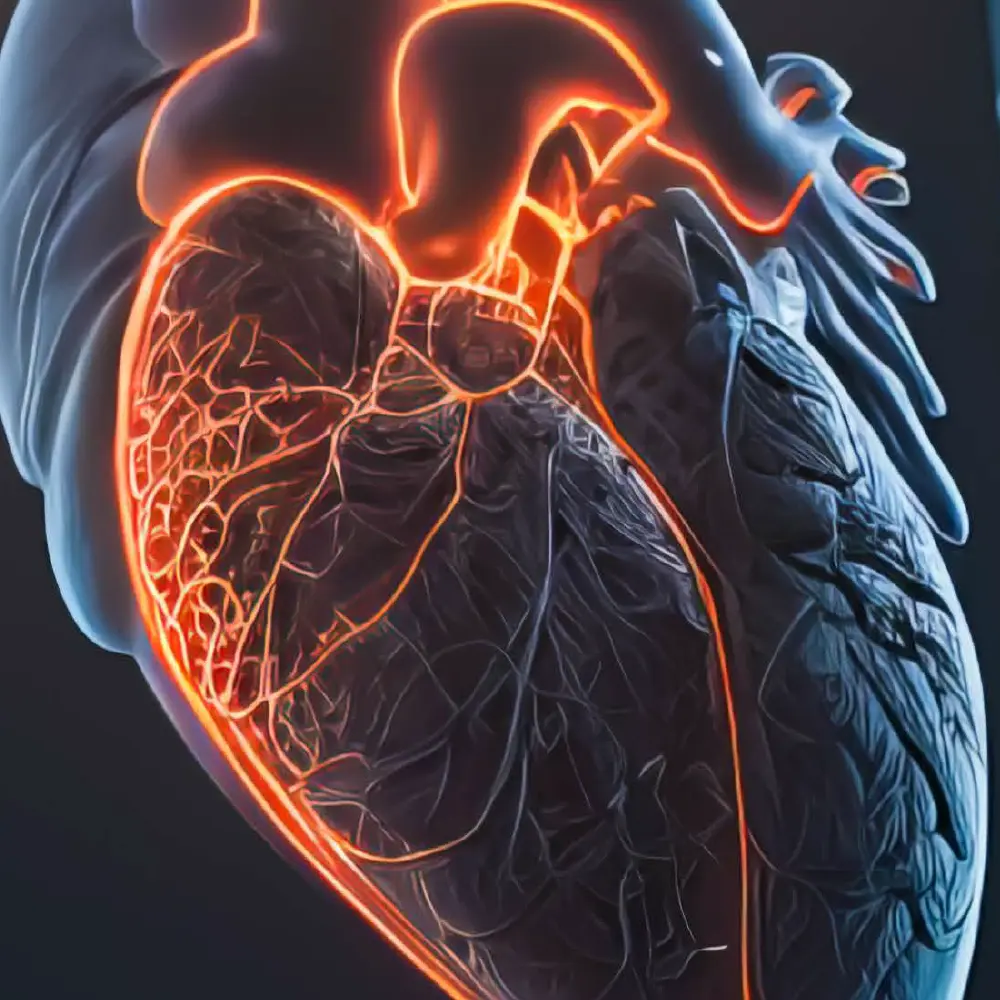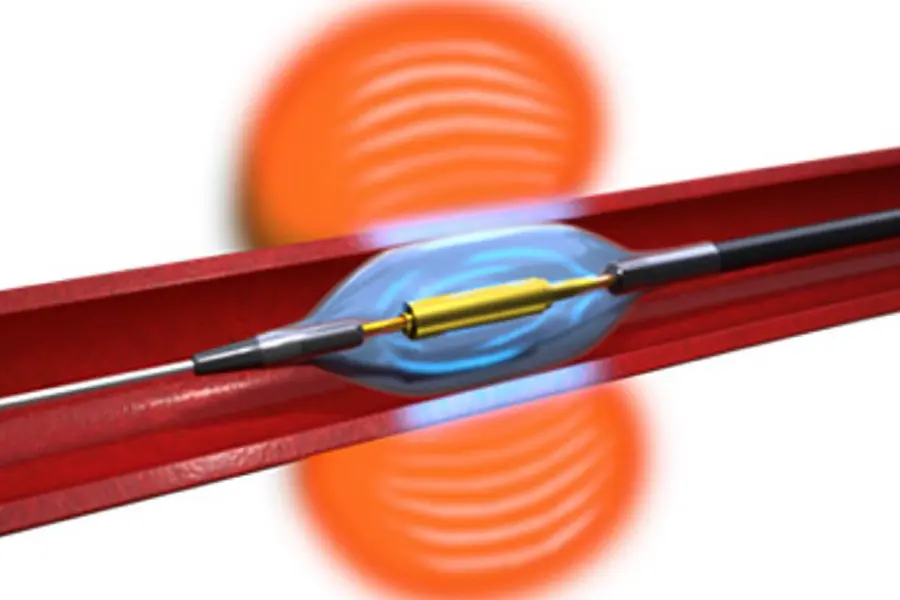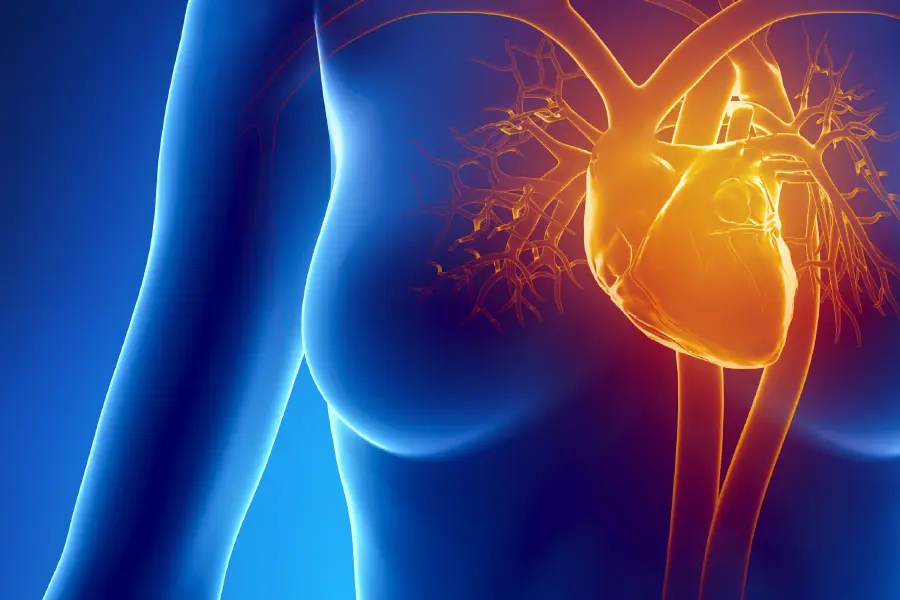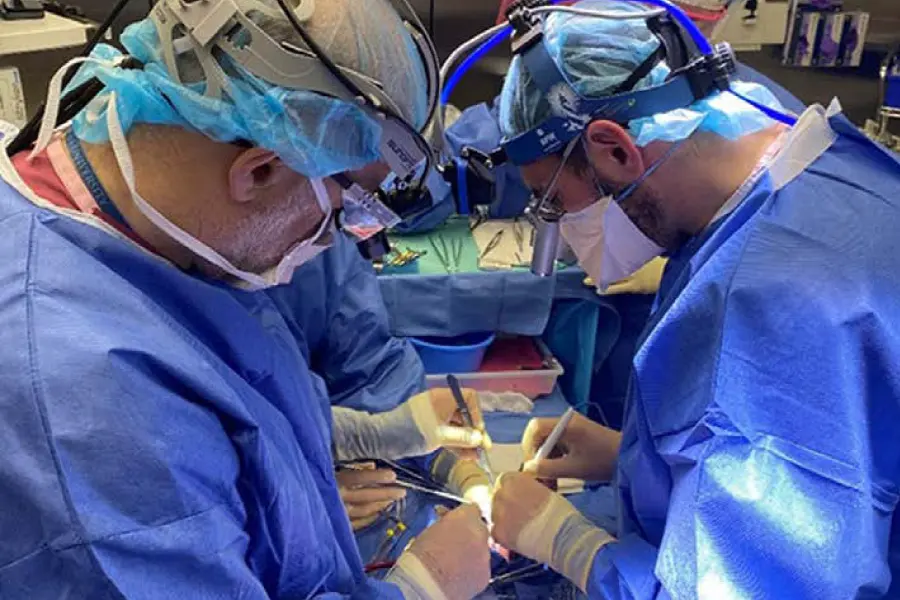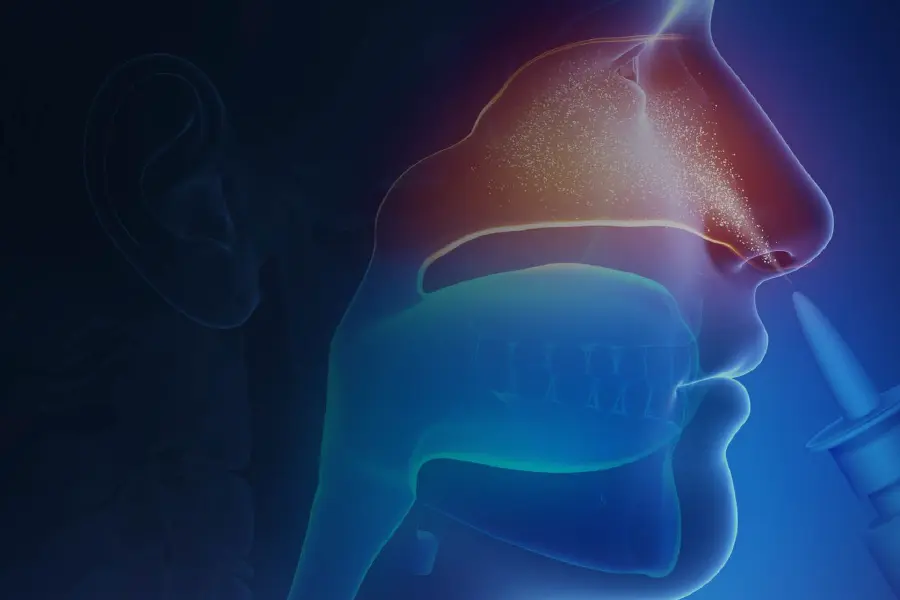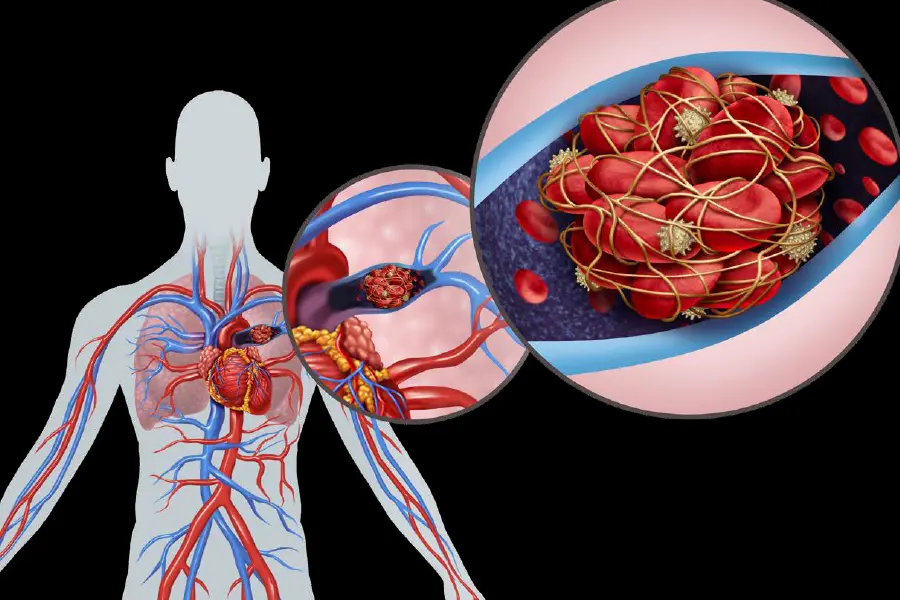Affecting approximately two million Americans, paroxysmal supraventricular tachycardia (PSVT) is characterized by sporadic episodes of tachyarrhythmia. While it is treatable, the available treatments must be administered under medical supervision and intravenous access, usually in an emergency department or other acute-care setting. Recognizing the need for at-home interventions, NewYork-Presbyterian/Weill Cornell Medicine’s Dr. James Ip served as a primary investigator in a series of studies on etripamil: a rapid-acting, L-type calcium channel blocker that is administered as a nasal spray. The studies showed that etripamil has a significant treatment effect in terminating PSVT at earlier timepoints, and when taken in an optional repeat-dose combination, the termination rates improved even more. The studies’ findings support that etripamil could offer patients a meaningful intervention for their PSVT outside of the more costly and inconvenient acute-care setting.



